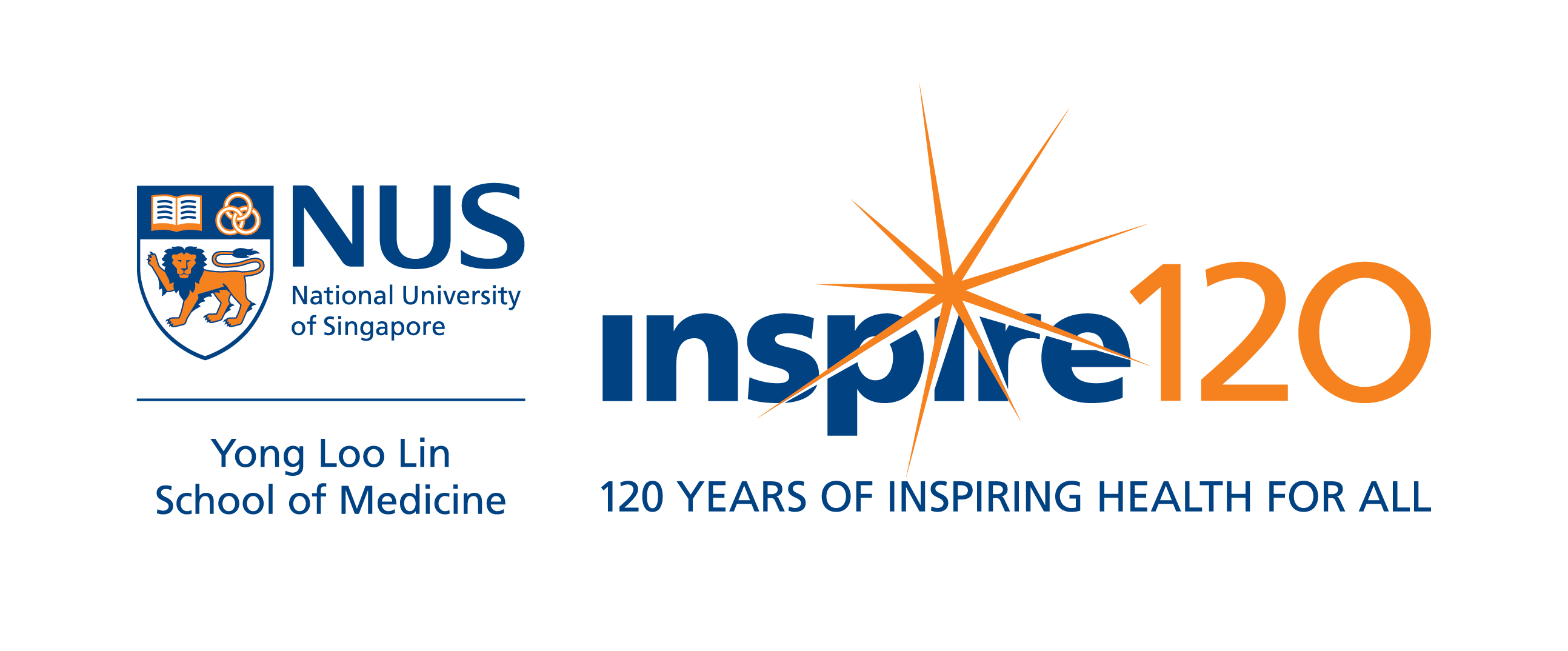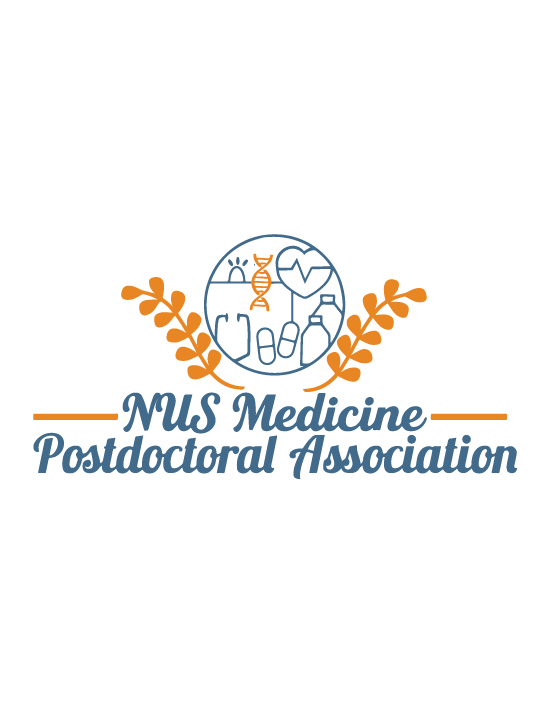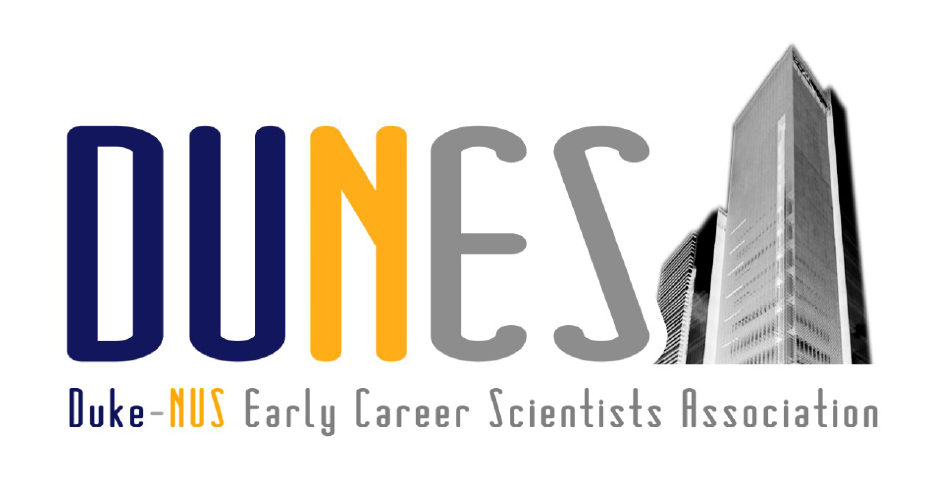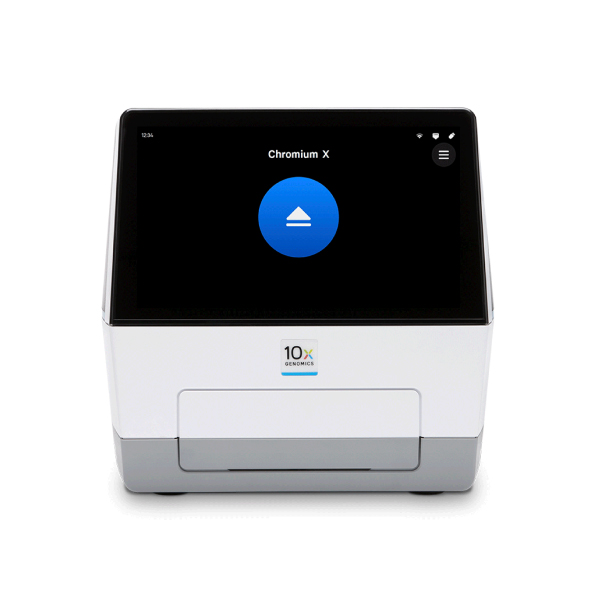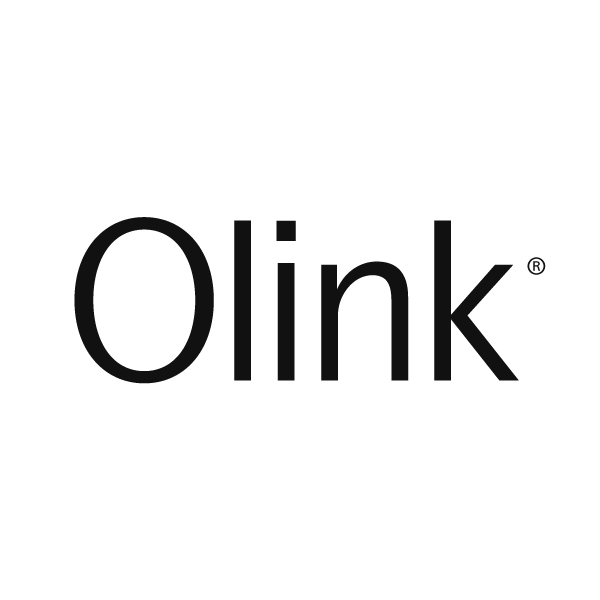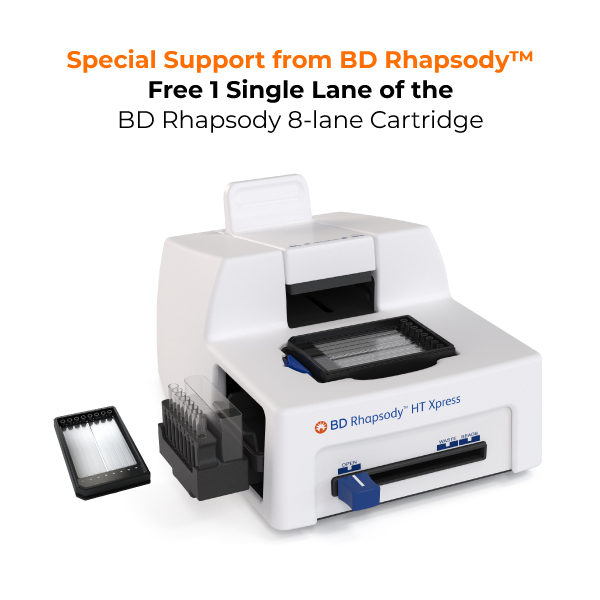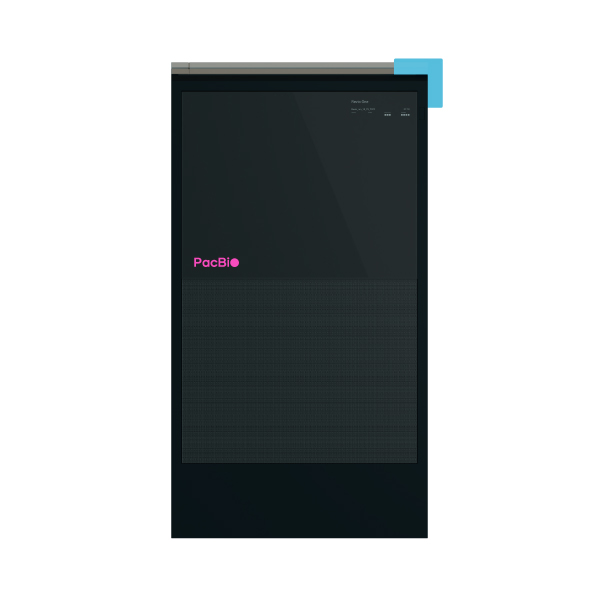NUS Medicine OPA
Research Support Grant Programme
Applications ends 31st October 2025

Are you a postdoctoral researcher ready to shape the future of science?
Eligibility
Grant Tiers
- 4 Awards of 50% discount
- 10 Awards of 30% discount
- Maximum discount of S$3000 per grant winner.
- Samples delivered to Novogene by 22nd December 2025.
- Discounts extended from grant program cannot be combined with other existing promotions. Discounts are calculated off based on prevailing list pricing of eligible service offered by Novogene.
Why Apply?
- Access to NovogeneAIT Genomics' local multiplatform sequencing capabilities.
- Technical support from project inception to publication.
- Visibility through outreach platforms and the scientific community.
Past Recipient Spotlight: Stephen Kwa
My research centers on characterizing gut microbes and their role in producing metabolites that are known to impact host metabolism and inflammation. We are currently isolating microbes and sequencing their genomes to investigate the genetic basis of these metabolic pathways and their potential relevance to gastrointestinal and metabolic diseases.
Shotgun metagenomic sequencing provides comprehensive and unbiased insights into the microbial community structure and functional capacity. Unlike targeted approaches, it allows us to identify microbes at the species or strain level and simultaneously characterize their gene content. With deep sequencing on NovaSeq, we can even pick up low-abundance microbes that play critical roles, which we might miss otherwise.
This grant really helped bring our ideas to life. It gave us access to advanced sequencing platforms, including both short- and long-read technologies, which are essential for building high-quality microbial genomes. The funding allowed us to transition from purely observational studies to more mechanistic investigations, adding greater value to our findings and potential clinical relevance.
Yes, definitely. Receiving this grant not only supported my research but also added strong credibility to my CV. It also enhanced my visibility in the research community, leading to new collaborations, speaking invitations, and further funding opportunities. The recognition associated with the award helped position me as a credible contributor in the field of microbiome and metabolic research.
Keep it simple and focused. You don’t need a huge project — just one that’s achievable and clearly explained. Show how this small grant will directly move your work forward, whether it's generating pilot data or testing a new method. And get feedback from colleagues before submitting, that helps a lot. Also, even if it doesn’t work out the first time, keep trying. Each application improves your skills and increases your chances next round.
Sequencing is evolving fast. Over the next five years, I expect these tools to become more accessible and widely integrated into microbiome research workflows. Combined with improved annotation pipelines and integrative omics approaches, they will facilitate a deeper understanding of microbial functions and interactions with the host. This progress will accelerate the translation of microbiome research into clinical diagnostics and personalized therapeutics.

Launch Event @NUS MD6 | 5 Sept, 12.30pm–2pm
- Connect with fellow postdocs (NUS OPA, LEARNLKC, DUNES) and leading partners BD, Twist Bioscience, Olink, and PacBio — communities dedicated to supporting postdoc-led discoveries.
- Gain fresh perspectives from experts in spotlight talks offering practical insights into the tools and workflows that matter for your research.
